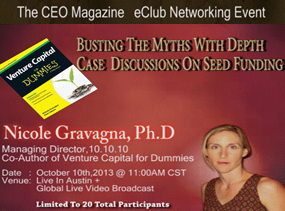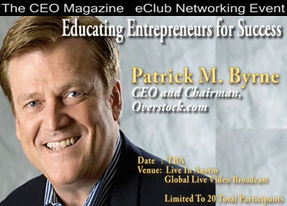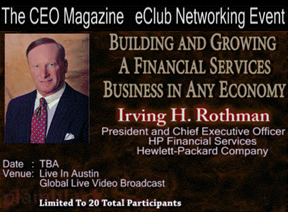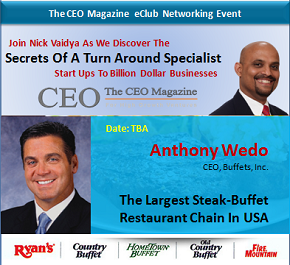You are here
- Guest Blogger |
- Entrepreneurship |
- Wed, 10/07/2015 - 00:50
Joanna L. Krotz, Author, Being Equal Doesn’t Mean Being The Same
Women entrepreneurs and investors still aren’t in the room when venture deals get done, even as women launch businesses nearly twice as fast as male-owned firms.
About 75% of the country’s 316,600 angel investors are men, according to the Center for Venture Research. That jumps to a shocking 95% male for decision-making partners at venture capital firms, according to PitchBook, an industry researcher. Plus, those numbers are going in the wrong direction. In 1999, women accounted for 10% of VC partners, according to a Babson College study.
Reasons run a gamut. Take your pick.
- Widespread perceptions and bias portray women as unable to risk or withstand pressures, no matter evidence to the contrary.
- Cultural optics don’t put “women” and “entrepreneur” in the same space. The archetype remains tethered to the hunter male who vanquishes all unbelievers.
- Women owners are relatively new to the financing game
All in all, hurdles are higher and harder to clear for women. Until those fall, it pays for women to control as much of the lopsided process as they can. Here’s how.
First, women looking for financing must handle the due diligence basics:
- The business plan is impeccable and clear
- Financials are buttoned up.
- Any required licenses, permits or certifications are current
- Outside contractor and any employee agreements are legal and tidy
After that, here are six common missteps women can avoid.
1. The business model doesn’t seem scalable. Businesses that can grow fast by providing solutions to big, far-reaching needs or problems attract VC money and other infusions of capital. But women typically start service businesses, which are based on selling time. Or they start companies in cosmetics, fashion, retail, food or packaged goods, which do not grow fast. To persuade potential investors, an owner must demonstrate how the company can reach a size large enough to be worth the investment.
2. There’s no clear exit strategy. Similarly, women don’t often consider how investors will get their payoff. Women may see the business as long-term or a lifestyle choice, but investors are interested in profits, big ones. Owners must craft a strategy that will get money out of the business and to investors.
3. Women owners focus on the market, not the product. Lenders and investors are plenty savvy. They may not know a particular arena but they’ve heard it all. They want to be excited by a remedy, not a pain point.
4. Thinking the business is worth more than it is. At early stages, women owners often put a value on the business that’s out of sync with revenue or sales. That unrealistic valuation is likely to scare off investors and rounds of funding. Future projections don’t count. It’s all about cash flow and how much money is needed to make progress or break even.
5. Skipping homework. Looking for financing requires time, research and aligning funding requirements with relevant investors. Women ought to find out:
- The investor’s primary areas of investment;
- What geographical areas they cover;
- How they identify prospects;
- What specialties the firm covers, if any, and by whom.
6. Hanging out at women-only events. Besides online research and networking to learn about suitable investors, it’s smart for women to cast a wider net. Head for where the deals are done, which are usually male-dominated groups and associations.
The best advice is to treat fundraising like a sales process. And when pitching a client, as we all know, it’s the tenth, not the ninth, call that seals the deal.
About the Author
Joanna L. Krotz, founder of The Woman’s Playbook, is the author of BEING EQUAL DOESN’T MEAN BEING THE SAME, a guide and call to action for women to launch businesses as their best current path to parity, purpose, passion and prosperity. Krotz has been investigating the payoffs and challenges of small business owners, particularly women-led firms, for years. She’s interviewed hundreds of male and female entrepreneurs as a national magazine editor, author and journalist, online small business columnist and host of a Web radio show.
Follow The Blog
Blog Categories
- Business Ops. (45)
- Editors (3)
- Entrepreneurship (196)
- Finance (25)
- Leadership (529)
Blog Authors
- Guest Blogger (835)
- Cynthia Kay (92)
- Linda Henman (78)
- Dianna Booher (46)
- Craig Ross (31)













